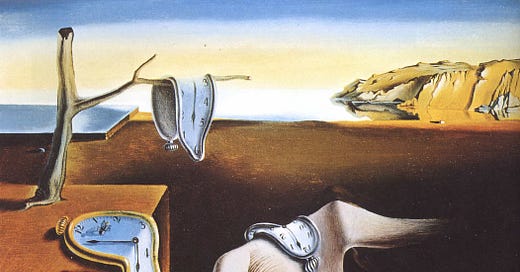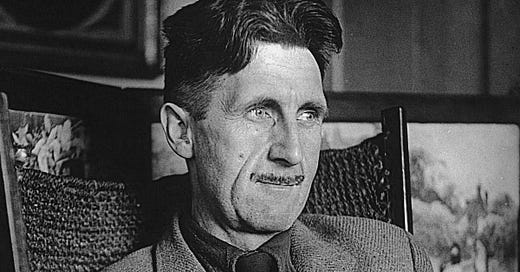
What We Can Learn from Nostalgia
The best of times are made better with their passing. The best of times are made better when you know that a moment will never be re-created again, when you know you are taking in the final moments of a soon-to-be memory.
This is nostalgia. This strange, gooey feeling informs us when times are good, when good times are leaving, or when good times are over. It can remind us how great things once were.
It inspires us to set our life just so, to aim at the faultless memories that plague our dreams. Nostalgia provides warm thoughts to fill us with endearment. This notion—this reflexive pensiveness—keeps life interesting and in motion. When we know who we once were and where we have been, we can better attend to the day before us.
We are blessed with these fond recollections. Yet, on the other side of the blade, nostalgia can cripple us into a quiet longing. It can haunt us with how good things could be. If we enjoyed a person or place or era as much as we once had, what’s stopping us from achieving this again? It can draw out old sentiments and rouse our affections for the past—all those happy associations and wistful flashbacks carry us far into our reveries.
Even well-constructed renditions of the past come up woefully short—cheap tricks attempting to conjure a place and time that has already slipped through our fingers like dry sand.
We see names of restaurants like “Old Time New York Bar” or “Golden Era Deli,” titled such as if “today” just isn’t enough. “The good ol’ days” seems to be, then, not a praise of the past but disdain for the present. What lies immediately before us becomes downtrodden, disregarded like a failed movie sequel.
Does nostalgia imply that our today’s will fail, repeatedly, to live up to our yesterdays?
When we sit in the present—always and forever the only seat available—we long for more, out of habit. Not more of the present, but a longing for what once was.
We long for that sleepy summer day, holding hands with our beloved for the very first time all over again. Or that bygone childhood Christmas morning: a slew of gift wrap at the feet of smiling parents and grandparents.
If only we could listen to that music of old again—the melody we can always hear accompanied by the words we can never remember. The feeling remains perfectly intact. Like perpetual camera flashes, our remembered emotions burst into our recollection, brief and bright, just long enough to faze us out of the present.
In moments that you know you will remember forever, you can feel nostalgia creep in early. It arrives like a stranger sitting next to you at a bar—a familiar feeling but one that can leave you with nothing to say.
There have been times I’ve immediately began missing a moment even before physically leaving it. I’ll long for it, though it hasn’t transpired fully. I’ll try to remember it while I stand in its wake. I preemptively miss things when I recognize that this or that person, experience, or place won’t be in my future.
Futile like a sinking ship, I attempt to construct the memory on the spot, on demand.
It can be like watching a sunset and realizing you’ll never see it again. Thoughts and conversation center around the moment’s transience as if they will prevent its brevity. When we are with a specific person, in a specific moment, in a specific chapter, we can preemptively begin to long for what has yet to pass.
But then it does pass.
We realize that, in our effort to preserve the moment, we’ve cost ourselves the moment itself. We are left with a memory of ourselves trying to cement a moment into a memory. When nostalgia tiptoes into our life prematurely, we can only remember what it feels like to try to remember.
Nostalgia, draped over us like a veil, clouds our view of what lies immediately before us.
Longing for the past is natural and inevitable. But so is being distracted from the present. The best we can do is simply pay attention.
Pay attention to the scene we are acting out, the characters involved and the aspects we can and cannot control. Pay attention to our memories and our longing for times of old but without allowing them to break our attention to the present.
By paying attention, we can recognize the present for what it is: a stage with the potential for what could be armed with the wisdom of what once was. Nostalgia can educate you and align you for the future. Consult the past with gratitude without letting it dampen your view of the present. In this light, nostalgia can become a scaffold for the future rather than a constricting element of the past.
Of course, there comes a time when the past is the only thing we can hold on to. When we reflect on our deathbed, when our future ceases to exist, our nostalgia transforms into the only thing that brings us life.
Nostalgia is the thing that can trap us in the past up until the point that it doesn’t—until the point it saves us from the future.
But I digress. I’ve done enough reminiscing, especially for a subject matter as nostalgic as nostalgia.
Reflect without longing. Pay attention to the present. Push forward into the future, armed with the wisdom of the past.










